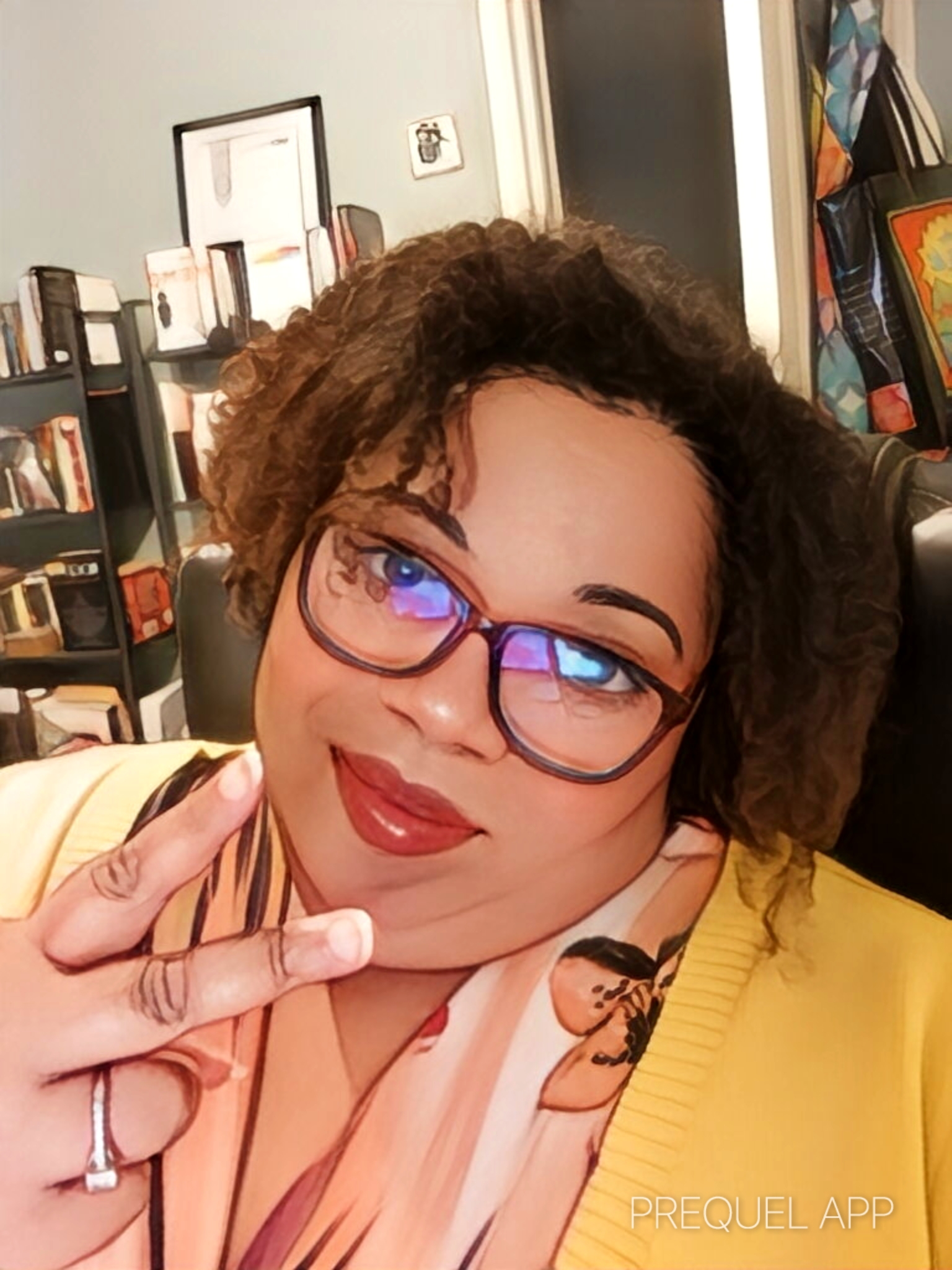The Problem with “Well-Meaning DEI Experts”
- Clarissa Fuselier

- Sep 14, 2022
- 4 min read

Diversity, Equity, Inclusion, Anti-Racism, Justice. Social Justice, Accessibility, DEI, DEIA, DEIB, EDI, JEDI…the alphabet soup goes on and on. Like many words of deep value and action-oriented focus in our lexicon, its overuse without action and true nuanced discussion tends to reduce these terms down to buzzwords that just get thrown around. The force of the terms dissipates in the well-meaning, but the damaging discourse of performative change and superficial focus on the communities who suffer oppression and discrimination in the various systems of our society still runs strong.
As a DEI Practitioner who fell into the discipline over 6 years ago when I got tired of seeing great talent get abused and ultimately pushed out of organizations because of microaggressions, and systemic oppression in the workplace, I’ve had a front-row seat in the new wave of the DEI space. I’ve seen it grow, shift, turn and in some places, dissolve.
Because there are no collective organizations that help standardize and/or create best practices for DEI Practitioners, educators, and specialists, the space has grown exponentially with folks from all over with various backgrounds, starting points, and theories. That sounds awesome in theory, as we need diversity in DEI practice. However, with all incidents of runaway growth, also comes challenges with quality and performance. The DEI field is no different
The truth is: that not all DEI practitioners are the same. We don’t have the same experiences. We all have different specializations (no one is an expert in ALL DEI & Anti-racist work.) There’s no charted path for moving into a DEI role in ANY industry. Most telling is that we all didn’t learn from the same school of thought. And while that brings a certain advantage to the field that is dedicated to the diversity of people & thought, it also brings a heavy disadvantage to the discipline itself.
I also can’t ignore that there are folks jumping in the space to cash in on the industrialization of DEI in our capitalistic society. They are easy to see, and without the humility and respect of the discipline, these folks have caused a lot of damage to the space and the communities they are serving. However, the majority of folks entering this space have well-meaning intentions to try and be part of the change. They want to rally and educate. Some attended a few trainings and became inspired to become a “DEI Expert.” They are in it to help. And though this all may be true, I still find it ironic that as DEI practitioners, we fail to once again recognize that intention has nothing to do with impact. Impact (in all things DEI & Anti-Racism) needs to trump intention. Including the intentions of “well-meaning” DEI Experts.
I have several mentors in the DEI space who have been working and building strategies in this space way before the wave started to crest.
As a rule, I don’t do unconscious bias training. Early in my journey, I did not find that they help. Being told you have an unconscious bias (and that everyone has them), didn’t seem to move the needle to action. In my opinion, these pieces of training cloud a balanced discussion that not all bias is unconscious.
Many of these training events also fail to address how systems, practices and policies need to be created to prevent bias (both conscious and unconscious) from flourishing in the organization. It’s the same reason we have laws and policies in the first place. It’s naive and harmful to just believe that if you focus on changing the hearts & minds of people that these issues will fail to exist anymore. Not everybody is ready for that kind of change and even so, an enforceable policy will ensure the protection of the communities it serves.
With that, I must say that changing hearts & minds is still part of the work—just not the only part. A healthy approach takes both focuses: individual and systemic and the degree you apply both will greatly vary on the organization. It also must be said that it’s very easy to cause damage in an organization doing this work because it involves some areas such as challenging norms, belief systems, and organizational structures.
All of these are not simple to change by any means.
To tackle a problem, you must first respect its complexity. If complex work could be solved with a couple of unconscious bias training we wouldn’t be here in the first place.
I feel myself rambling, so I’ll close with this. Most practitioners I know believe that impact matters more than intention and it’s imperative that we as DEI practitioners are not falling into the same damaging behaviors that we are charged to rectify in organizations. We mustn’t be part of the problem. So, do both areas with caution and always with the communities you’re there to support in mind. Change hearts & minds. Just don’t forget to change policies, processes and practices, too.






Comments